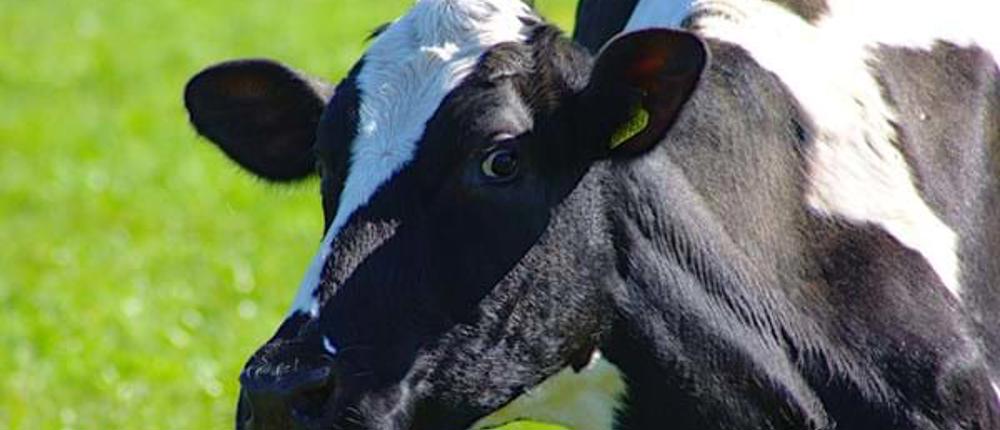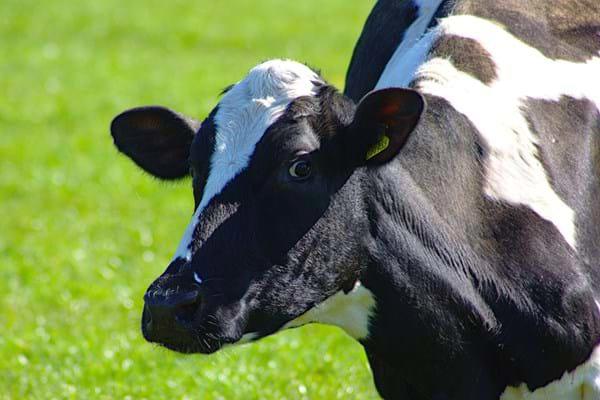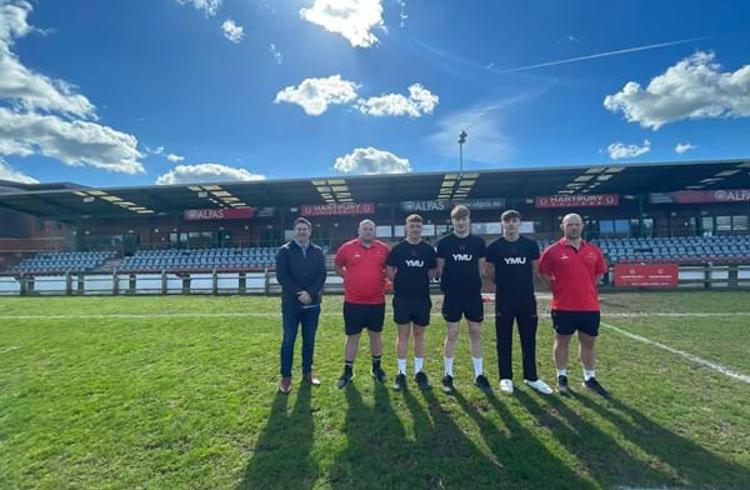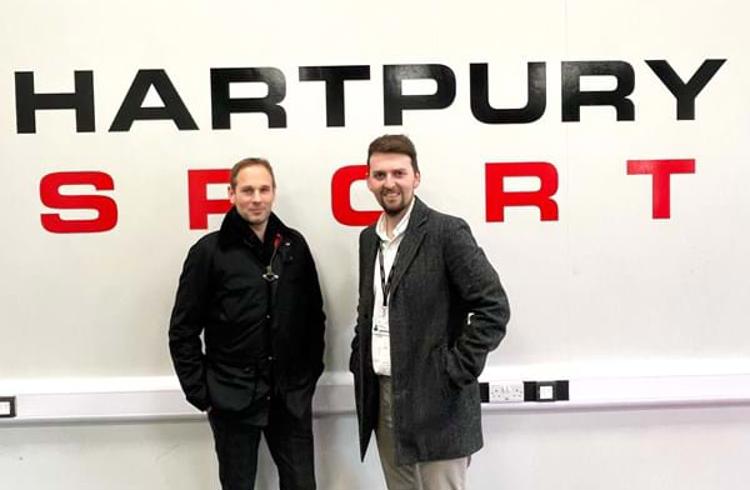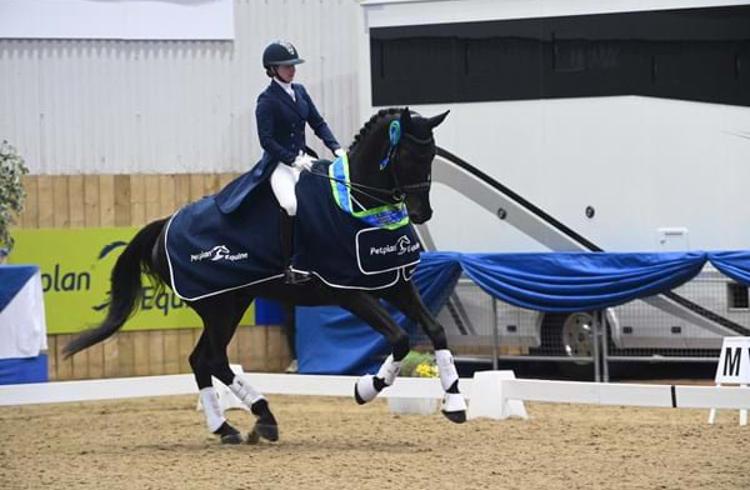Professor Matt Bell, Hartpury University’s Director of Agriculture, has created a ‘breeding index’ to select dairy cows based on traits that are key to enhancing sustainability such as milk production, health, fertility and lifespan. The Hartpury Herd Index can be replicated on any dairy herd to select and breed cows that are best suited to their farm conditions.
Talking to BBC Radio Gloucestershire, Matt explained “As part of our journey to net zero, we’re trying to identify cows that are more sustainable for Hartpury’s farm conditions, so we developed our own Hartpury herd index to select cows that are not only productive over their lifespan but also have lower carbon emissions.”
The study used information from the genetic background of cows to formulate the index based on individual cow profitability and carbon footprint. Hartpury carries out carbon foot printing across the entire farm and can use these figures to estimate the carbon outputs per cow as well as selecting cows that are best suited to its farm conditions. This in turn ensures cows live a healthier, longer life. By selecting more sustainable cows, it is hoped that the carbon emissions from each cow can be reduced by 10% or more if we are more selective.
“We estimate that around 80% of our cows are sustainable under our index terms, so we’d be looking at ultimately replacing the other 20% with younger animals that are more sustainable for the future based on our selection index.”
The study has already had an impact with the farm’s younger cows already showing a reduced carbon footprint.
“Other farms could produce their own herd index to become more targeted in identifying and selecting cows that are suited to their farms so hopefully we’ve been able to demonstrate how this is done and the impact it can have,” Matt added.
Bryan Carter, Herd Manager at Hartpury said: “Using the index Matt has created gives me the ability to pinpoint individual cows within the herd and evaluate them on an individual basis rather than as a collective. Historically, farmers may have bred a show-standard cow but when you look at her figures, she may not be the best cow within the herd.
“The index enables me to select the most suitable heifers to bring into the herd, meaning we can continue to strengthen the herd each year and make it more sustainable. It also means our cows live longer and produce more calves before they retire.”
The aim of the study was to identify sustainable milking cows and herd replacements within Home Farm’s commercial dairy herd of 220 Holstein-Friesians and a small herd of Guernsey cattle, using a customised profit and carbon total merit index. Set within the Hartpury campus, Home Farm is not only a commercial farm but is also a teaching farm for students studying college diplomas as well as a range of undergraduate and postgraduate degrees. With 100% of agriculture undergraduates in employment, further study or other purposeful activity (Graduate Outcomes 2022), an agricultural qualification from Hartpury is a great way to further develop skills and expertise for a career in this exciting and increasingly technological industry.

